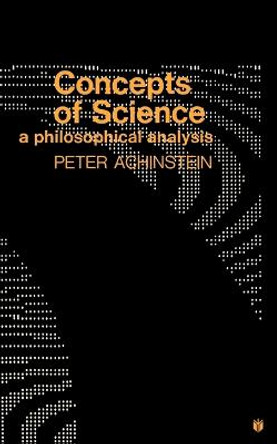This volume brings together six published and two new essays by the noted philosopher of science, Peter Achinstein. It represents the culmination of his examination of methodological issues that arise in nineteenth-century physics. He focuses on the philosophical problem of how, if at all, it is possible to confirm scientific hypotheses that postulate `unobservables' such as light waves, molecules, and electrons. This question is one that not only was of great interest to nineteenth-century physicists and methodologists, but continues to occupy philosophers of science up to the present day. The essays in this volume deal with this vexing problem as it arose in actual scientific practice in three nineteenth-century episodes: the debate between particle and wave theorists of light, Maxwell's kinetic theory of gases, and J.J. Thomson's discovery of the electron. Achinstein shows that the most important issue raised by these three cases concerns the legitimacy of introducing hypotheses that invoke "unobservables". If science is to be empirical, can such hypotheses be employed? How, if at all, is it possible to confirm them? Achinstein here assesses the philosophical validity of nineteenth-century and modern answers to these questions and presents and defends his own solutions.
Reviewsa terrific work. Rarely has such outstanding history of science been coupled with such subtle and penetrating philosophical analysis ... Particles and Waves deploys the analytical rigor Achinstein is justly famous for. * Frederick Suppe, University of Maryland *
Book InformationISBN 9780195067552
Author Peter AchinsteinFormat Paperback
Page Count 352
Imprint Oxford University Press IncPublisher Oxford University Press Inc
Weight(grams) 513g
Dimensions(mm) 233mm * 156mm * 24mm






